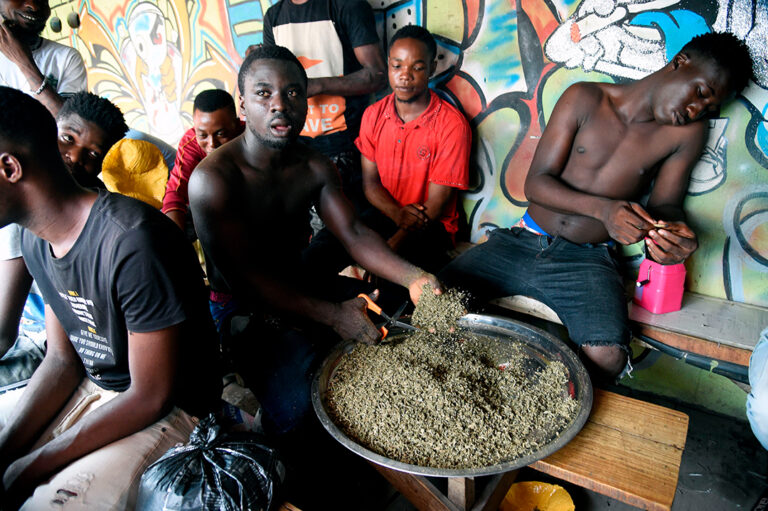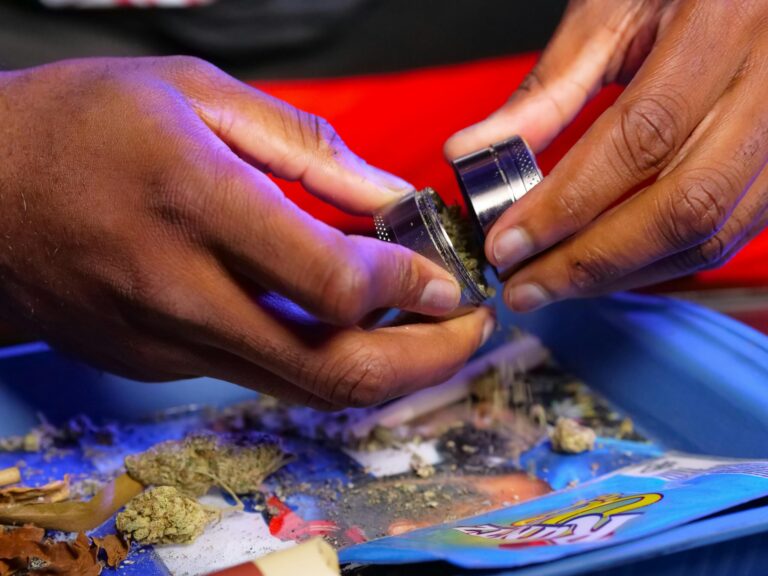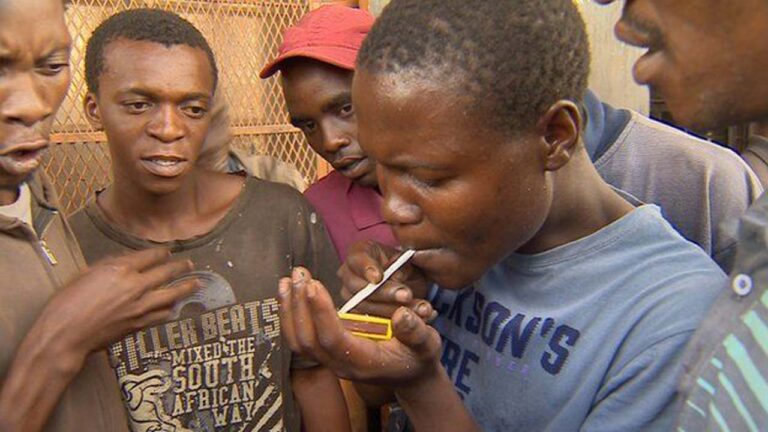Introduction
Drug abuse is one of the most pressing challenges of our time, affecting millions of individuals, families, and communities worldwide. Beyond the temporary “high” it provides, drug abuse destroys lives, breaks families, fuels crime, and weakens societies. Whether it’s hard drugs like cocaine and heroin, or commonly abused substances like codeine, marijuana, and synthetic drugs, the damage remains the same—loss of potential and a broken future.
In this blog post, we will explore the dangers of drug abuse, its long-term effects, and practical steps we can all take to fight against it.
The Harsh Reality of Drug Abuse
Drug abuse is not just a personal issue—it’s a social epidemic. According to global health reports, millions of young people fall into addiction every year due to factors such as:
- Peer pressure
- Unemployment and poverty
- Trauma and stress
- Curiosity or experimentation
- Lack of awareness about the dangers of drugs
Unfortunately, what starts as a “casual” habit often turns into a life-threatening addiction.
Dangers and Consequences of Drug Abuse
1. Health Risks
- Damage to vital organs such as the liver, lungs, brain, and heart.
- Increased risk of HIV/AIDS, hepatitis, and other infections.
- Mental health issues like depression, paranoia, and psychosis.
2. Broken Families
- Domestic violence, neglect, and broken relationships.
- Emotional trauma for children growing up in drug-affected homes.
3. Economic and Social Impact
- Loss of productivity at work and school.
- Increased crime rates linked to drug trafficking and usage.
- Burden on healthcare systems.
4. Legal Consequences
- Arrests, imprisonment, and criminal records that destroy future opportunities.
How to Prevent Drug Abuse
1. Awareness and Education
Knowledge is power. Teaching young people about the dangers of drugs in schools, religious centers, and communities helps them make informed choices.
2. Strong Family Support
Open communication, emotional bonding, and guidance at home can reduce the chances of substance abuse.
3. Community Engagement
Community leaders, NGOs, and governments must work together to create safe environments and support systems for at-risk individuals.
4. Rehabilitation and Counseling
Addiction is not a death sentence. With proper rehabilitation centers, counseling, and support, victims of drug abuse can recover and lead productive lives.
5. Positive Lifestyle Choices
Encouraging sports, skill development, and creative hobbies helps young people channel energy into positive outlets rather than drugs.
Say No Today, Save Tomorrow
Drug abuse steals futures, but prevention and recovery can restore hope. Every individual has a role to play in building a drug-free society. By spreading awareness, supporting victims, and taking strong community action, we can protect future generations from the dangers of substance abuse.
Conclusion
The fight against drug abuse starts with awareness, compassion, and action. Say NO to drugs, and say YES to life. Together, we can create a safer, healthier, and stronger society free from the chains of addiction.




